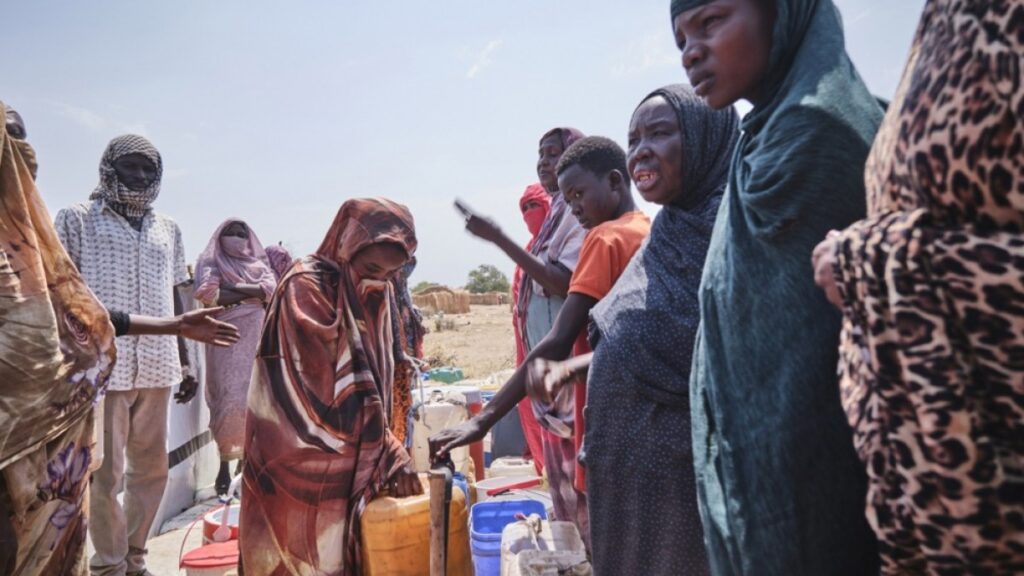Thousands of South Sudanese refugees face worsening health conditions in Ethiopia as cholera spreads and conflict escalates.
Doctors Without Borders, known by its French initials MSF, has warned of a looming “health catastrophe” among South Sudanese refugees in Ethiopia, citing surging cholera cases and widespread malnutrition in overcrowded camps near the border.
In a statement issued Friday, the charity said the local health system is overwhelmed and unable to cope with the needs of tens of thousands of new arrivals.
“With waterborne illnesses like cholera and acute watery diarrhoea on the rise, the risk of a public health catastrophe is imminent,” MSF said.
The influx follows renewed violence in South Sudan, where a fragile power-sharing deal has broken down.
Clashes between forces loyal to President Salva Kiir and rival groups aligned with First Vice President Riek Machar have intensified, forcing many to flee. Machar was placed under house arrest in March, further straining the peace process.
Between 35,000 and 85,000 refugees have fled to Mattar, an Ethiopian border town, according to MSF.
The organisation reported treating more than 1,200 cholera patients, warning that the disease can be deadly in up to 20 percent of cases if untreated. It also noted that more than 40 percent of malaria tests have come back positive, and nearly 7 percent of children under five suffer from severe acute malnutrition.
‘Dire humanitarian situation’
Since February, more than 200 people with war injuries have arrived at MSF clinics in the area.
MSF urged all parties to the conflict to ensure humanitarian access and called on international donors to increase support. “Shelter, water and medical care are severely lacking in Mattar,” it said.
The UN warned on Friday that the situation in South Sudan is deteriorating quickly and on the brink of a wider crisis. “The escalating hostilities… portend a real risk of further exacerbating the already dire human rights and humanitarian situation,” said UN Human Rights Chief Volker Turk, urging all sides to pull back immediately.
Between 3-20 May, fighting reportedly killed at least 75 civilians and injured dozens more. UN reports say the South Sudanese military carried out air, ground and river assaults in populated areas, including attacks on an MSF-run health facility.
Read the full article here

